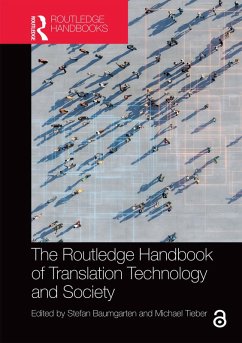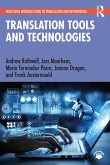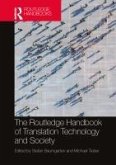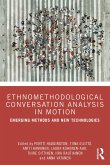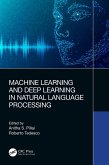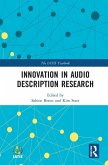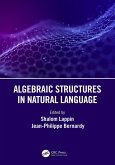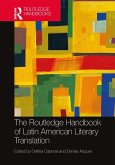This handbook calls for a fundamental rethinking of traditional approaches to translation, examining the ethical, ideological, socioeconomic, and environmental implications of digital tools and practices, such as professional AI-driven translation, 'everyday' machine translation, crowdsourcing translation, or platform-based translation work. It provides deep insights into pressing issues such as the commodification of language, inclusivity in so called low-resource languages, data colonialism, and labour exploitation. By questioning conventional science narratives and advocating for sustainable, inclusive, and equitable applications of translation technologies, this handbook empowers readers to engage critically with current trends and challenges in the digital age. Readers will benefit from an interdisciplinary approach that combines novel theoretical foundations with empirical research and practical case studies.
It serves as a foundational reference and a springboard for (critical) future research in an evolving - sociotechnical - translation ecosystem where the blurring boundaries between human and machinic agents foster new modes of translator-machine interaction. This handbook is an essential resource for academics, researchers, and professionals in translation studies, digital humanities, science and technology studies, or (digital) discourse studies.
Chapter 1, 15 and introduction of this book is freely available as a downloadable Open Access PDF at http://www.taylorfrancis.com under a Creative Commons [Attribution-Non Commercial-No Derivatives (CC BY-NC-ND)] 4.0 International license
Dieser Download kann aus rechtlichen Gründen nur mit Rechnungsadresse in A, B, BG, CY, CZ, D, DK, EW, E, FIN, F, GR, HR, H, IRL, I, LT, L, LR, M, NL, PL, P, R, S, SLO, SK ausgeliefert werden.

